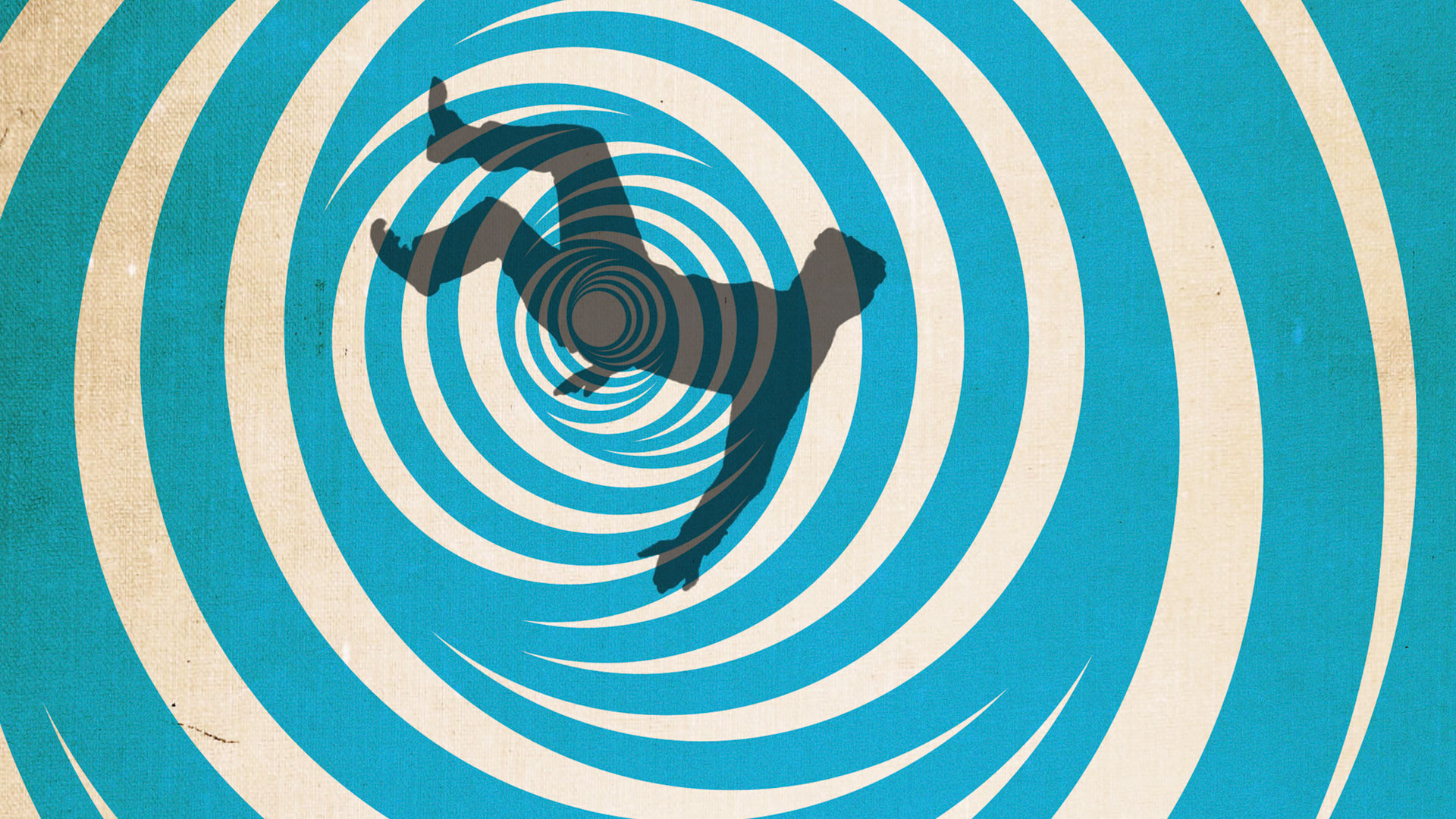The Age of Anxiety
Back in 1947, the phrase “the age of anxiety” made an appearance in the title of a poem by W.H. Auden. The phrase caught on not so much because of the poem’s content but because it seemed to sum up the general state of things in the wake of two world wars and the use of terrible new doomsday weapons. As time passed, people realized they were living in a period overwhelmed by problems of such variety and magnitude that crippling worry was often the only response. According to a January 14, 2012, New York Times article, Auden’s title “has been used to characterize the consciousness of our era, the awareness of everything perilous about the modern world: the degradation of the environment, nuclear energy, religious fundamentalism, threats to privacy and the family, drugs, pornography, violence, terrorism” (Daniel Smith, “It’s Still the ‘Age of Anxiety.’ Or Is It?”). The author notes that since 1990 the phrase has featured in the title or subtitle of two dozen or more books. So it seems that deep-seated unease about the world we inhabit still affects us.
How do we cope with the conditions around us, with personal problems, with worries about the society our children will inherit? How do we keep a sense of perspective? Is there a way to have lasting peace of mind?
There are answers that are both effective and encouraging, particularly when we face circumstances that have the potential to paralyze us emotionally. Besides the broader threats listed above, there is the unexpected loss of a job, the death of a loved one, a failed or failing marriage, feelings of betrayal, health problems. Troubles like these can also produce prolonged distress. For the individual, coping is arduous and painful.
Without oversimplifying or minimizing such traumas, we can be assured that there is a way to find peace of mind—a quiet, calm mental state that is not subject to constant anxiety when pressures build.
“So don’t worry about these things, saying, ‘What will we eat? What will we drink? What will we wear?’ These things dominate the thoughts of unbelievers, but your heavenly Father already knows all your needs.”
The answers that bring lasting solutions are spiritual in nature and derive from the principles involved in exercising godly faith. But before we can exercise faith in God, we need to know that He exists and is personally interested in us. As individuals, we need to think of Him as our Father. So the first step to having the peace of mind we yearn for is to establish that God cares for us in all circumstances and that He has a plan for our lives, both now and in the future.
But how can we know that God even exists? If the apostle Paul were alive today, he might well answer that question as he did in one of his letters more than 1,900 years ago: “For since the creation of the world God’s invisible qualities—His eternal power and divine nature—have been clearly seen, being understood from what has been made, so that men are without excuse” (Romans 1:20).
The simple belief that God’s existence is evident from what we see in nature has all but disappeared in a world that boldly proclaims humanity’s accomplishments. Yet that childlike trust is the starting point for a right relationship with our Father.
True religion is a way of life. More than a once-a-week philosophical pacifier, it shows us how to do business, how to treat our spouses and raise our children, and how to treat coworkers, employers, employees and neighbors. It shows us how to deal with everything that life throws at us, including the inevitable traumas and anxieties.
This is the beginning of our path to a quiet spirit, to a mind free of troublesome worry.

